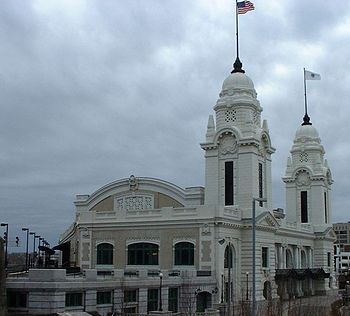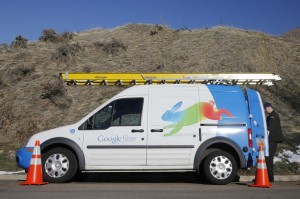 Connecticut is moving ahead with a statewide gigabit broadband initiative after resolving a surprisingly simple, but common, issue standing in the way of fiber deployment.
Connecticut is moving ahead with a statewide gigabit broadband initiative after resolving a surprisingly simple, but common, issue standing in the way of fiber deployment.
Connecticut needed this. Lately, the only noteworthy contribution my home state has made to the national news is Aaron Hernandez, an apparent psychopath who earned millions of dollars playing football while (allegedly) murdering anyone who looked at him the wrong way. Continue reading








